By stumbling on this so thread i decided to write similar test in PHP. My test code is this:
// Slow version
$t1 = microtime(true);
for ($n = 0, $i = 0; $i < 20000000; $i++) {
$n += 2 * ($i * $i);
}
$t2 = microtime(true);
echo "n={$n}\n";
// Optimized version
$t3 = microtime(true);
for ($n = 0, $i = 0; $i < 20000000; $i++) {
$n += $i * $i;
}
$n *= 2;
$t4 = microtime(true);
echo "n={$n}\n";
$speedup = round(100 * (($t2 - $t1) - ($t4 - $t3)) / ($t2 - $t1), 0);
echo "speedup: {$speedup}%\n";
Results
- in PHP
2 * ($i * $i)version runs quite similar like2 * $i * $i,
so PHP interpreter isn't optimizing bytecode as JVM in Java - Even when I optimized code manually - I've got ~
8%speedup, when Java's version gets ~16%speedup. So PHP version gets about 1/2 speedup factor of that in Java's code.
Rationale for optimization
I will not go into many details, but ratio of multiplications in optimized and un-optimized code is ->
1 summation : 3/4
2 summations: 4/6
3 summations: 5/8
4 summations: 6/10
...
And in general:
where n is number of summations in a loop. To be formula useful to us - we need to calculate limit of it when N approaches infinity (to replicate situation that we do A LOT of summations in a loop). So :
So we get conclusion that in optimized code there must be 50% less multiplications.
Questions
- Why PHP interpreter isn't applying code optimization ?
- Why PHP speedup factor is just half of that in Java ?


